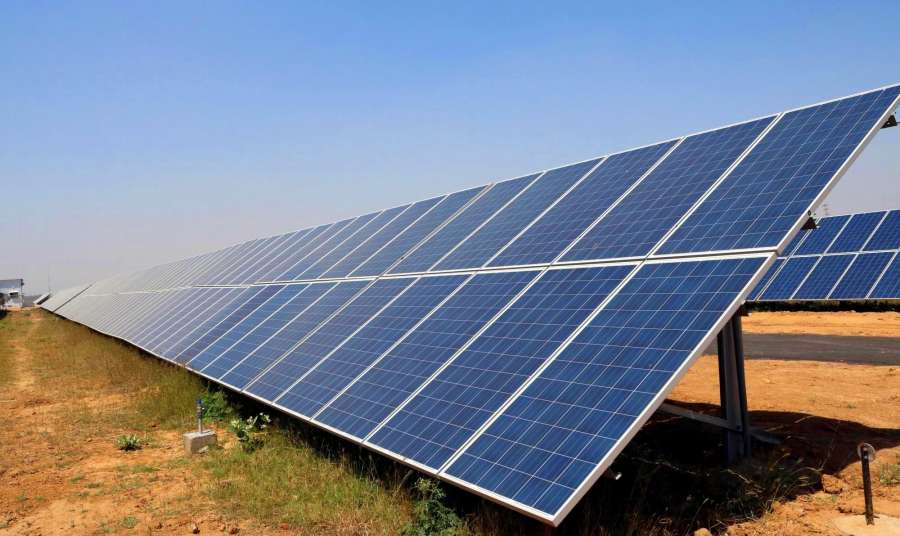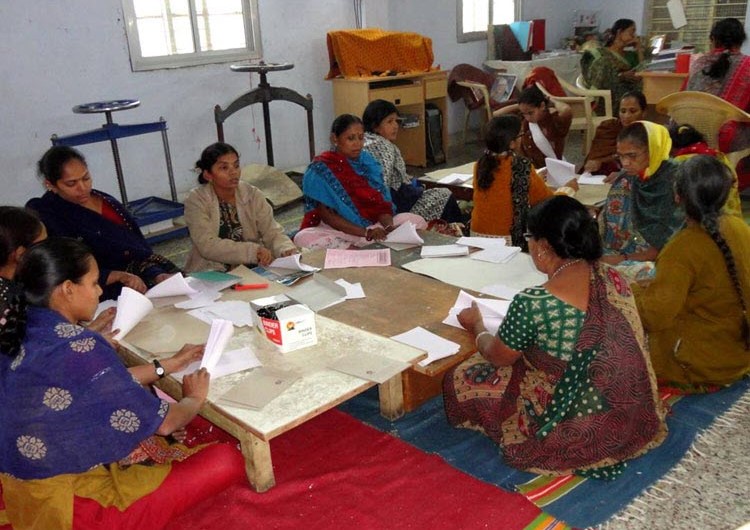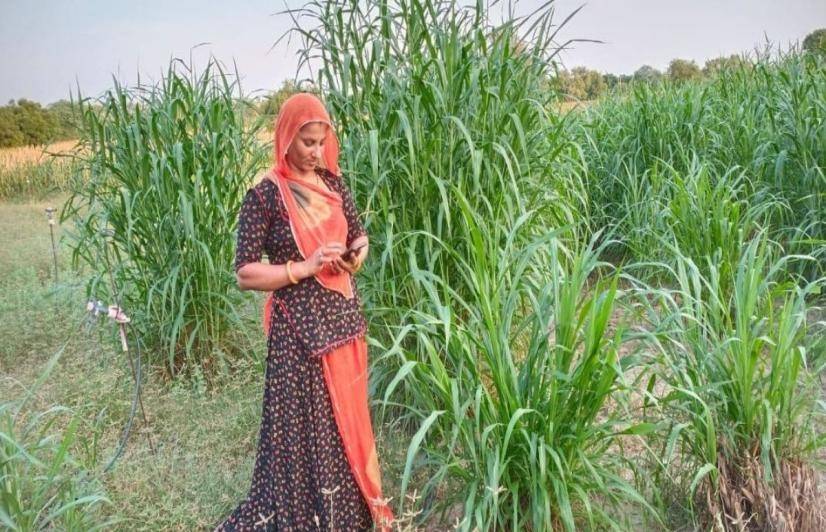Millions of Indian rural women if provided with energy access can actually turn out to be game-changers in clean energy transition journey …. writes Bansi Shukla.
Clean energy technologies like solar PV based induction cookstoves, solar lamps, solar streetlights and also e-bicycles increases their productivity, security and enables greater mobility. The time saved can be utilised by them to engage in activities which can in turn generate income and make them self-reliant.

India is leading the clean energy transformation journey with aggressively allocating a sizeable budget of INR 35,000 crore in green energy projects, central and state agencies aligned to release policies complimenting it- Uttar Pradesh’s latest Solar Energy Policy 2022 is one example, passing of The Energy Conservation (Amendment) Bill, 2022 in the parliament- which focuses on use of non- fossil fuel energy sources and creation of a national carbon market, bilateral partnerships being inked with countries like UK, Denmark, Norway and the onset of G20 presidency in India which is expected to promote more global alliances supporting the execution of clean, sustainable and just energy transitions in the country.
But before we start lauding the numerous efforts made for adoption of cleaner fuels – do all of us even have access to energy at first place? While the urban India is sorted and adopting several climate friendly measures, the rural part (also in majority i.e 64.61%) shares a different picture all together. Interestingly, a report published by Smart Power India (SPI)-implementing arm of Rockefeller Foundation on ‘Rural Electrification in India’ mentions that between 2000 and 2016, half a billion people gained access to electricity in rural India, increasing the share of grid-electrified households from 43% to a whopping 82%. However, deeper studies reveal that wider electricity coverage doesn’t automatically equate to higher rate of adoption and use. An estimated 30 million households still lack access to grid-electricity and those having access are facing supply side challenges like- unscheduled power cuts and poor quality supply.

This grim picture reveals that India – particularly rural areas is still lagging to realise United Nation’s Sustainable Development Goal 7: “Ensuring access to affordable, reliable and modern energy for all”. Studies tell that presently only 16% of village households are using non-grid sources like solar home systems, rechargeable batteries, mini grids. And contrary to the challenges faced after connecting to the grid, villagers – over 80% show satisfaction and interest in mini-grid connections, despite having affordability challenges. So, does this mean that India will not have trouble achieving its net zero target, if the lens is focussed more on the rural segment- as clearly there is great potential and interest in clean energy access here.
Lack of reliable energy access leads to many challenges in rural areas – from poverty to sub-standard livelihoods, limited healthcare facilities- no refrigerated medical storage and much more, but women in particular are extra sufferers to it. For example, grid connection in villages are only confined to enterprises/ agricultural areas utilized majorly by men. Women on the other hand are spending upto 6hrs a day on cooking itself – from preparation of Indian spices manually to walking long hours to bring biomass/fuelwood for cooking. Safety and security risks like harassment and other dangers of reptiles are extra while commuting in low lit areas collect the fuelwood. Access to energy limits the working time of these women to only daylight hours as well. Additionally, absence of clean cooking technologies exposes them to toxic smoke which proves to be detrimental on their overall health. The adversity list keeps mounting.
Women if provided with energy access can actually turn out to be game-changers in clean energy transition journey. Clean energy technologies like solar PV based induction cookstoves, solar lamps, solar streetlights and also e-bicycles increases their productivity, security and enables greater mobility. The time saved can be utilised by them to engage in activities which can in turn generate income and make them self-reliant. Research tells that self-employed rural women with access to energy earn more than twice as much as their counterparts without energy access and it in turn increases prospects for their children to complete primary education as well.
SEWA-Self Employed Women’s Association – an autonomous non-profit organisation of Ahmedabad, Gujarat is setting an example for the developing world. SEWA founded in 1972 to empower women in the informal sector and create an environment of self-reliance is at present having 1.2million active members with presence in over 17 states of India. The organization, founded by late Shri Illaben Bhatt is awarded and praised worldwide for her great contribution in the field of poverty, social justice and women empowerment. While SEWA has a multifold agenda to achieve this with providing its members access to healthcare, education and trainings; one key feature SEWA addresses- is through its financial services- offering small loans and saving accounts in rural areas helping them to build financial stability and security. One interesting service they offer under this umbrella is – ‘Energy Loan’. This service enables rural women to adopt to clean energy technologies like LED bulbs, Tubelights, Fans, installing solar rooftop upto 1kW, Bio-gas systems, solar dryer etc. This small energy loan instrument not only helps rural women become self-reliant and productive but also generates a huge positive climate impact. Take a case example of 1 village household installing 1 kW solar rooftop system. This will generate on average 5.0 kWh of electricity per day ie. 1500kWh annually and supply 8-10hrs of electricity in a day. This household alone can mitigate upto 31 tonnes* of carbon dioxide emissions annually by just installing one clean energy solution. Now if approximately 300 households of a village install the same, carbon emission reduction upto 9300 tonnes can be accomplished. With currently 6 lakh villages in India with errant or no power supply lies an enormous energy saving potential for the country.
SEWA has brilliantly demonstrated that rural women if given an opportunity with credit facility can prove to be key agents in mitigating climate change. Clean energy access and rural women empowerment if addressed together have the ability to create humongous social and environmental impact. It is time India unlocks this huge energy and social potential of rural lands.
*Source: https://solarrooftop.gov.in/rooftop_calculato
(Bansi Shukla is a climate change enthusiast with almost a decade’s experience in the space. She supports and encourages initiatives complimenting low-carbon transition which are just and equitable for its people and protects our natural resources. She is presently engaged with a Joint Venture under Ministry of Power – ‘Energy Efficiency Services Limited’, New Delhi.)
ALSO READ: India moving fast towards renewable energy: PM Modi


